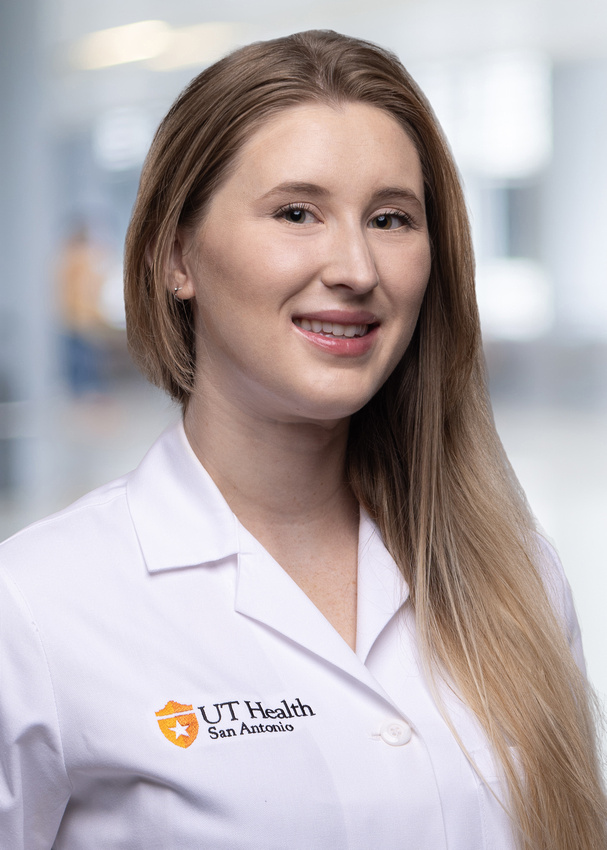Search Result for "breast cancer"
Clinical Trial
The first goal of this project is to validate the superiority of semi-permanent marks used in conjunction with specialized light-based surface imaging (SIGRT) in an effort to phase out the use of permanent tattoos for the investigator's patients. The secondary goal of this project is to validate the superiority of specialized light-based surface imaging for daily radiation set-up compared to standard-of-care imaging methods using ionizing radiation, such as weekly port films or cone-beam CT (CBCT) scans during a radiation therapy course for breast cancer.
Clinical Trial
We will assess physical functioning, daily physical activity with wearable activity monitors, biological markers (serum and salivary cortisol), diet, program adherence, as well as psycho-social measures of physical, mental, and spiritual wellbeing. In addition, BCS will be asked to describe their best day possible and their typical day. We will conduct a qualitative analysis from their responses to identify endorsement of themes.
Clinical Trial
This will be a single arm, non-randomized, pre-surgical clinical trial of women with newly diagnosed triple negative breast cancer with high g-H2Ax comparing changes in biomarkers from a diagnostic core needle biopsy to surgical pathology specimen or repeat core needle biopsy.
Clinical Trial
A Study of imlunestrant vs physician’s choice endocrine therapy as adjuvant treatment after 2 to 5 years of standard adjuvant endocrine therapy for patients with ER+, HER2- early breast cancer with an increased risk of recurrence
Clinical Trial
This is a Phase 2, randomized, active-controlled, parallel-group, multisite, open-label studyof belzutifan plus fulvestrant versus everolimus plus ETPC (fulvestrant or exemestane) inparticipants with ER+/HER2- unresectable, locally advanced, or mBC.
Clinical Trial
This is a Phase 3, global, multicenter, randomized, open-label study.

 Close
Close



